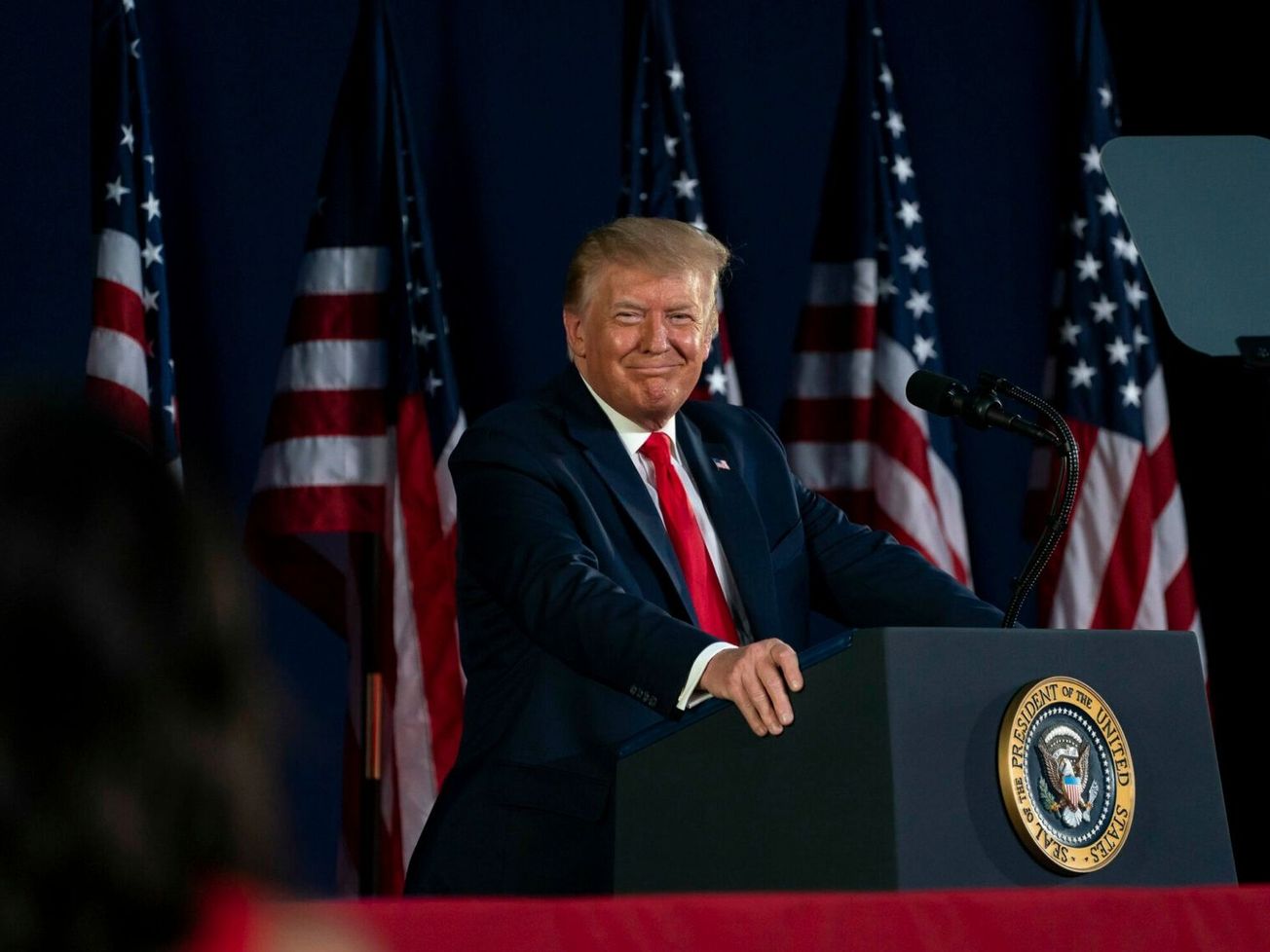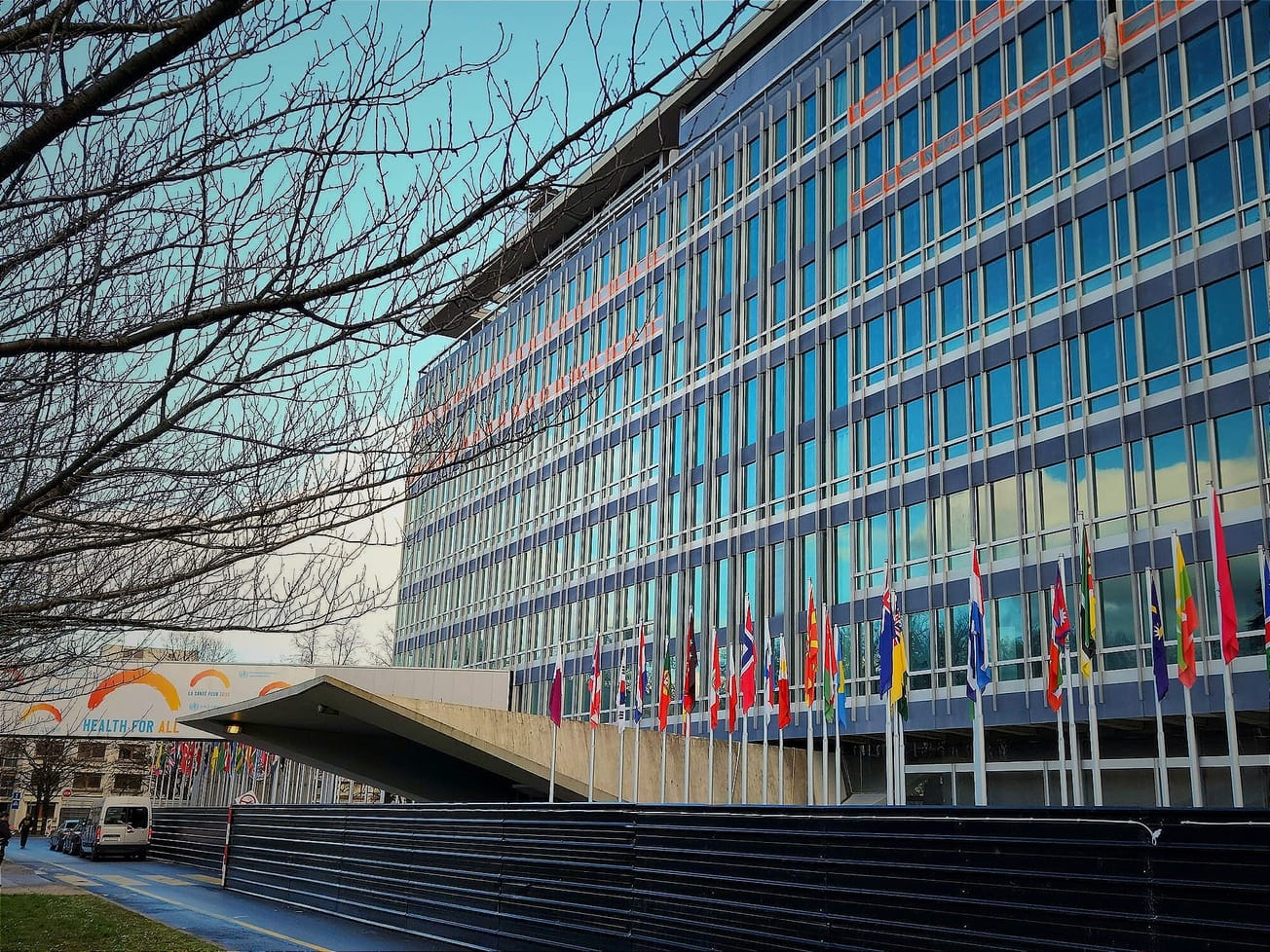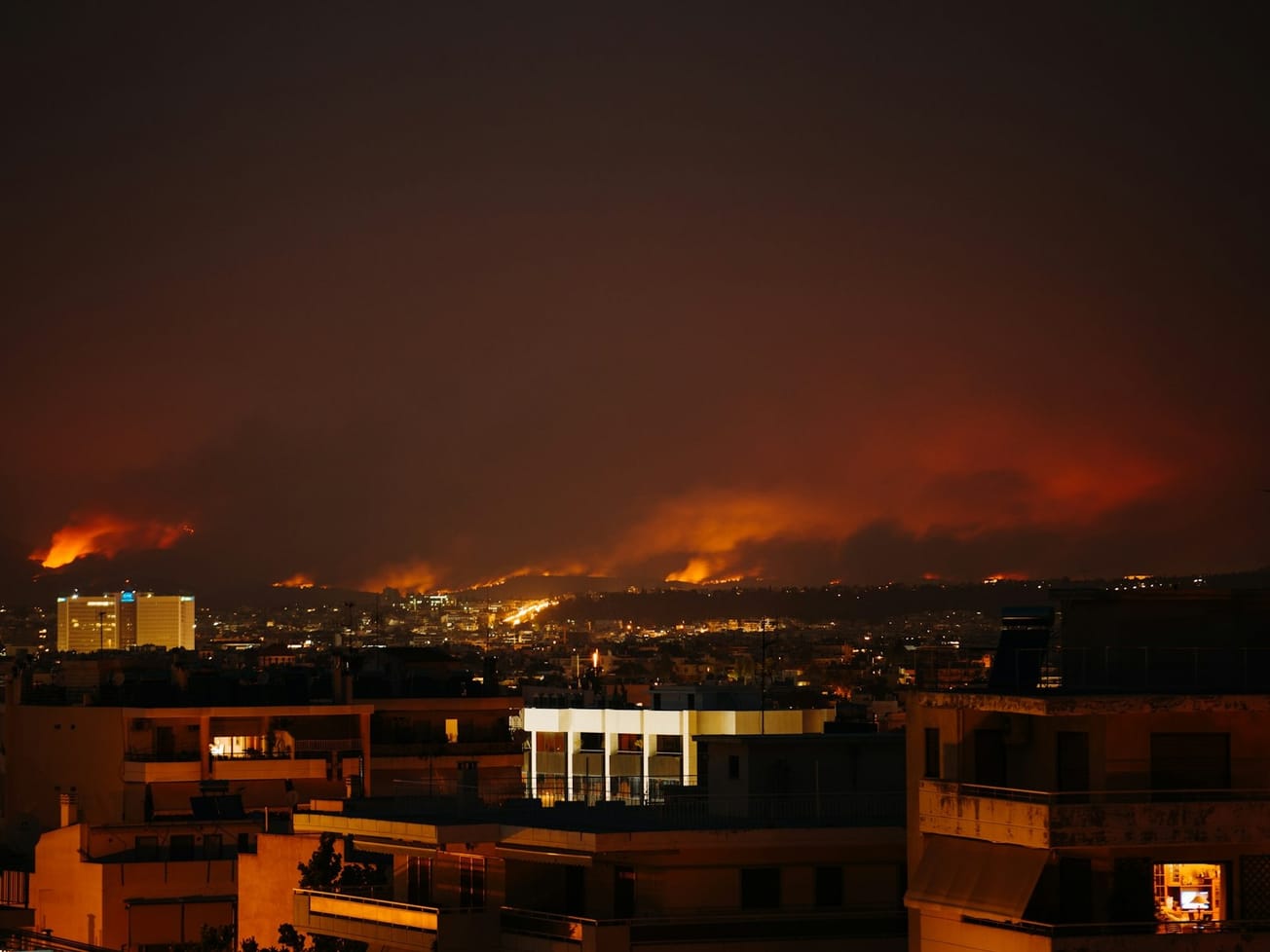GENEVA (AN) — U.S. President Donald Trump gave notice to the United Nations on Tuesday that he was starting a formal withdrawal process from the World Health Organization, based on political grievances surrounding an accelerating coronavirus pandemic.
The Trump administration's formal notice to U.N. Secretary-General António Guterres, confirmed by U.N. officials, kicks off a year-long legal process requiring the United States to first pay off its debts to the U.N. health agency.
The U.S., as the largest financial supporter of WHO contributes some $450 million per year, owes about $200 million in current and past dues.
Stéphane Dujarric, a spokesperson for Guterres, said that the U.N. chief, in his capacity as depositary of WHO's 1946 Constitution, received U.S. notice of its intention to withdraw from WHO, effective July 6, 2021. However, the process remains a bit uncertain. Not only is the action unprecedented; WHO's Constitution does not even contain any withdrawal provisions.
The U.S. has participated in WHO since June 21, 1948, and Guterres "is in the process of verifying with the World Health Organization whether all the conditions for such withdrawal are met," Dujarric said in a note to journalists.
Democratic U.S. lawmakers opposed to the Republican president pounced on his decision.
Former 2020 presidential hopeful, Sen. Kamala Harris, Democrat of California, emphasized that Trump's announcement came in the middle of a global health crisis. "This move is reckless, short-sighted, and surrenders what was left of America's leadership on the world stage," she said.
Under Trump's watch, the United States is staggering under the weight of the pandemic. As of Tuesday, Americans suffered from 2.9 million of the world's 11.7 million COVID-19 infections and 131,000 of the world's 542,000 deaths, according to Johns Hopkins University and Google data trackers. The U.S. economy has shed tens of millions of jobs even as the viral outbreak continues to intensify.
Reacting to Trump's WHO withdrawal announcement, Sen. Bob Mendendez, Democrat of New Jersey, said merely describing the move as "chaotic and incoherent doesn't do it justice. This won't protect American lives or interests — it leaves Americans sick and America alone."
Trump's announcement may not hold up legally. In April, Congressional Democrats said Trump's threats to withhold funding and possibly withdraw from WHO would require approval from the U.S. Congress.
“This decision is dangerous, illegal and will be swiftly challenged," House Speaker Nancy Pelosi, Democrat of California, said in a statement.
If Trump loses to former Vice President Joe Biden, the presumptive Democratic nominee, in the November 3 U.S. presidential election, Biden said one of his first actions upon taking office next January 20 will be to rescind the withdrawal notice.
"Americans are safer when America is engaged in strengthening global health. On my first day as President, I will rejoin the WHO and restore our leadership on the world stage," Biden said.
Biden has also vowed on his first day in office t0 reverse Trump's earlier ecision to have the U.S. withdraw from the 2015 Paris Agreement on climate change. Last year, Trump launched the withdrawal process from the landmark climate treaty, but it is not slated to take effect until November 4, a day after the election.
The official notice to the U.N. follows months of threats. In late May, Trump announced he would withdraw from WHO, attempting to deflect blame for the crisis onto U.N. officials and China. He repeatedly accused WHO of being too soft on Beijing since the virus surfaced in Wuhan, China late last year. Trump claimed Chinese officials misleadingly "ignored" a requirement to report outbreaks.
"Trump has decided that one way to deflect attention from the problems the U.S. has had in dealing with the virus is to focus blame on the WHO and China," said Thomas Alan Schwartz, a Vanderbilt University history professor and expert in U.S.-European and international relations, who described Trump's anti-multilateralism foreign policy as a radical departure from U.S. approaches since the end of World War II.
"There is some evidence that China was not transparent about the virus, and the WHO trusted or was manipulated by the Chinese in its response," he said in comments provided to Arete News. "That said, there is the broader sense that the Trump administration views multilateral organizations and agreements — the Trans-Pacific trade pact, the Iranian nuclear deal, the Paris climate accord, the World Trade Organization — and now the World Health Organization — as harmful to America's national interest and more trouble than they are worth."
In late June, WHO revised its timeline on the first reports of the coronavirus to reflect that China did not directly notify global authorities of the first "viral pneumonia" cases in Wuhan. WHO said its officials spotted the cases on December 31 in an open-source platform and, after requesting more data, were notified by Chinese officials on January 3 about a cluster of cases involving a "viral pneumonia of unknown cause."
The United States "only loses" by leaving the U.N. health agency, said Jennifer Nuzzo, an American epidemiologist with the Johns Hopkins Bloomberg School of Public Health’s Center for Health Security who leads the university's COVID-19 Testing Insights Initiative.
"We can't work for improved preparedness or protect Americans from global health threats if we don't have a seat at the table," she said. "This decision is like deciding you don't like the curtains in your house, so you burn the whole thing down."








